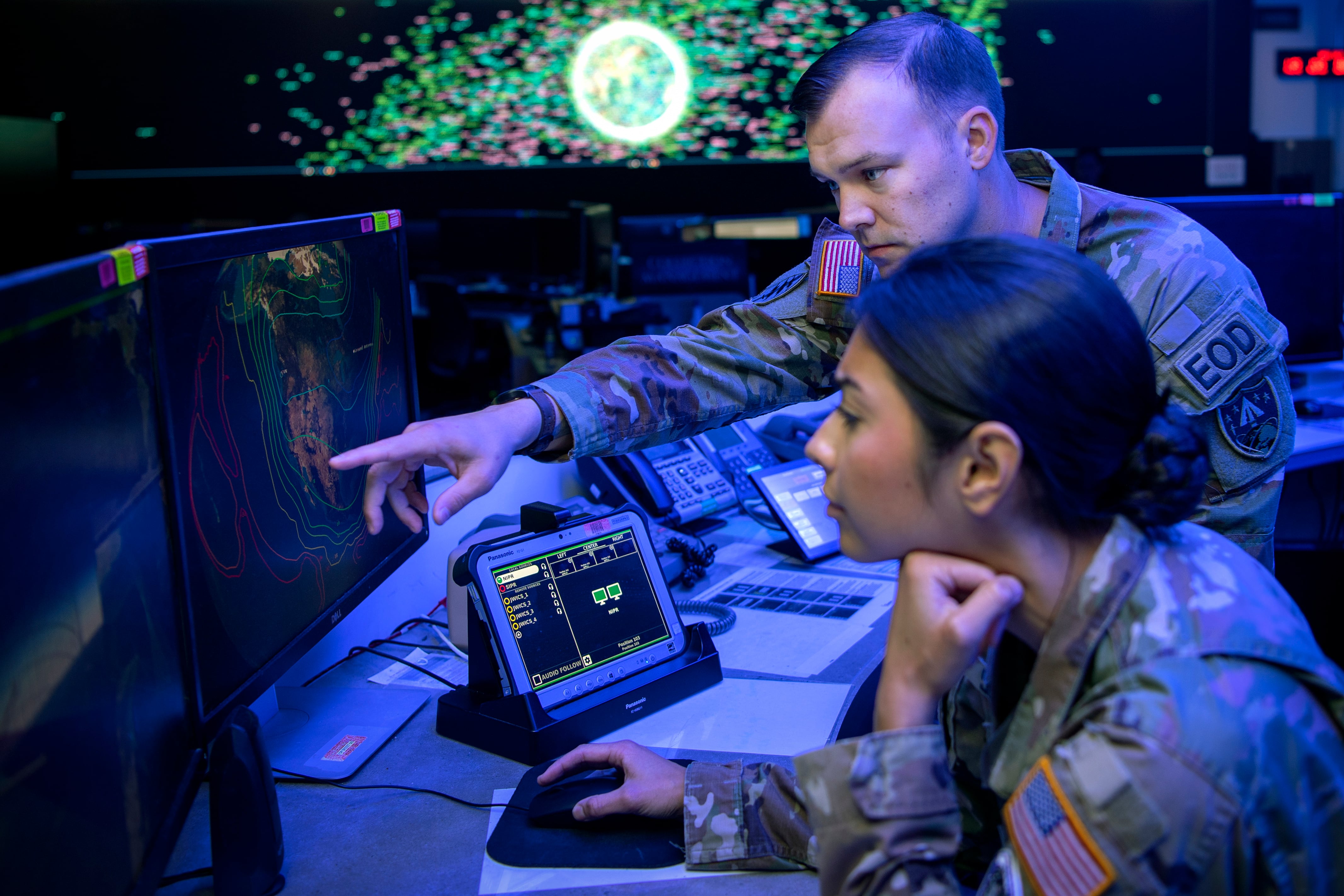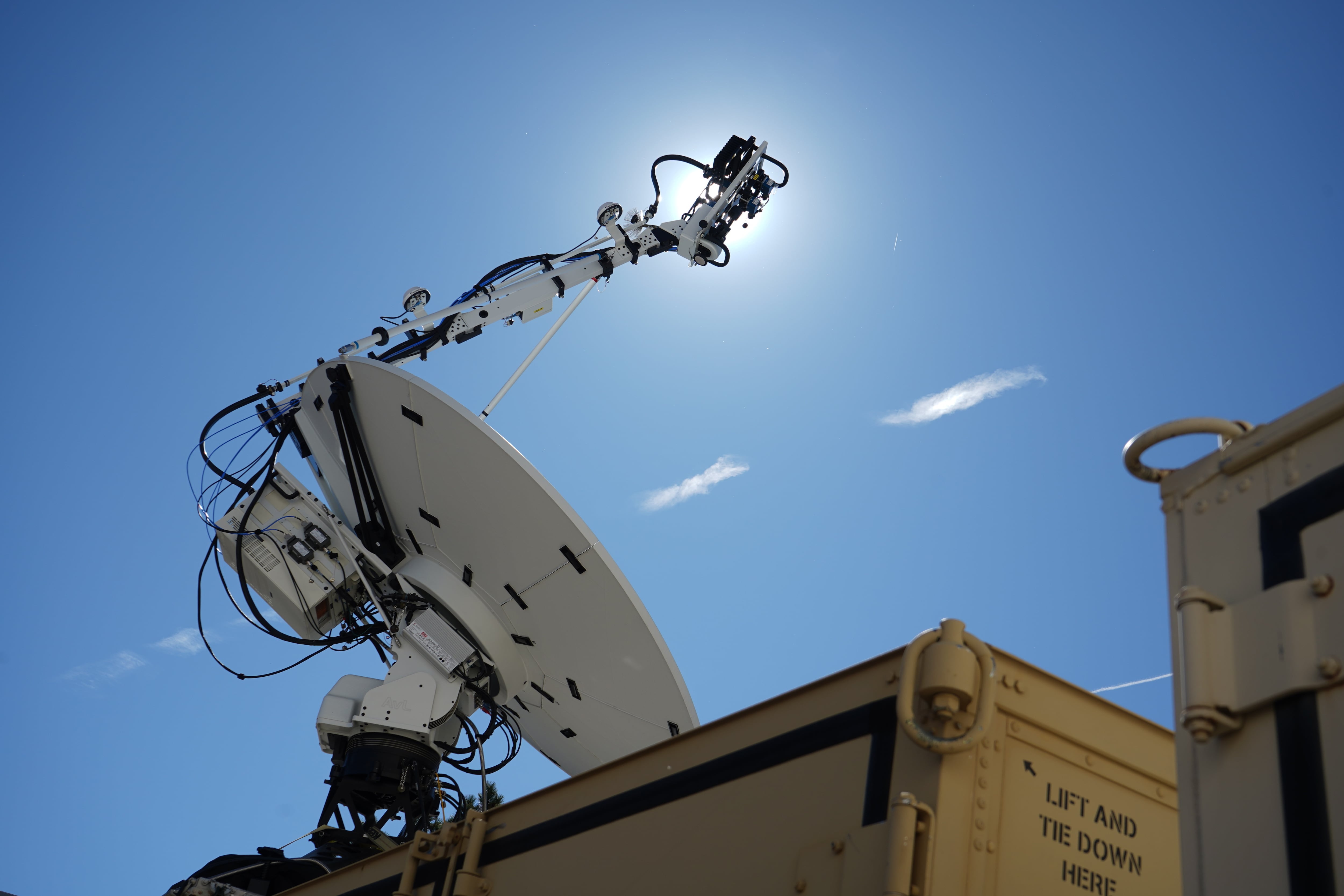The Army is undertaking an important effort to modernize its legacy networks, though not without challenges. Maj. Gen. Garrett Yee, who serves within the Army's CIO/G-6 office and is leading the Army's modernization efforts, told C4ISRNET Editor Amber Corrin during a modernization round table at the annual Association of the United States Army conference that two critical challenges in this effort surround culture and funding.
The Army stood up its networks years ago across several installations, Yee said. This creates difficulties within the modernization effort because as these networks are collapsed, consolidated and brought together into one standard architecture, this means that base camps and stations no longer have the control they used to have over these networks from years ago, he said.
For full AUSA 2016 coverage: www.c4isrnet.com/ausa2016
Culturally, this can be a big change, as a lot of control from a little base has to be given up, but now there will be a lot more standardized and centralized modification work, he noted.
From a funding perspective, Yee said the current budgetary environment prevents the Department of Defense from moving as fast as it would like. He offered that the Army is on track to meet DoD's deadline of modernization by 2019, which is a joint deadline.
While the Army is continuing to work with the other services in this effort, continued partnering will pose additional challenges.
"When you talk about a deployment environment, we're already there especially with the JRSS," Yee said, referring to Joint Regional Security Stack and adding that the Air Force is bringing their end of this online next month.
JRSS, one of the cornerstones to the DoD's Chief of Information Officer Terry Halvorsen's Joint Information Environment, is about security — not just about transport, but hardening, Yee offered. JRSS takes over 100 points of presence and shrinks them down to 25 across the services to really tighten the security by shrinking the attack surface.
Mark Pomerleau is a reporter for C4ISRNET, covering information warfare and cyberspace.








